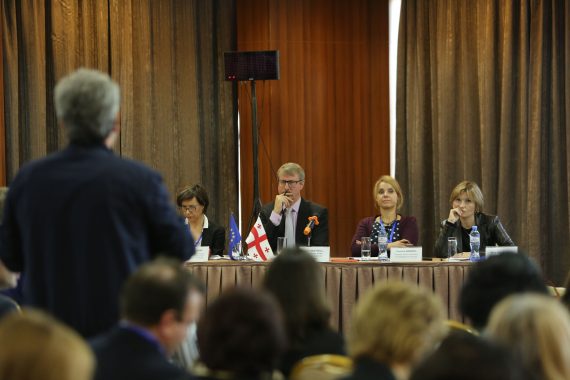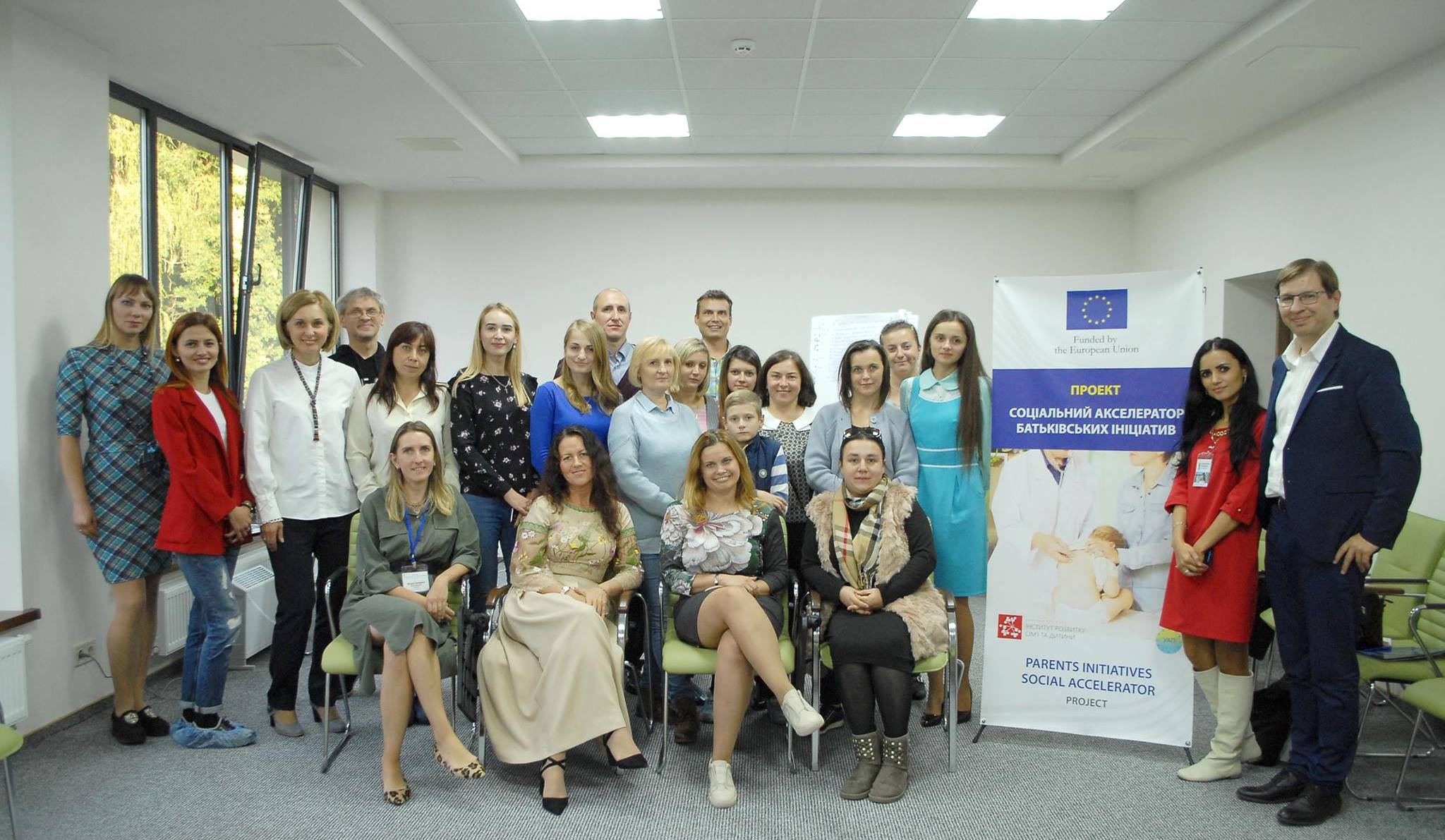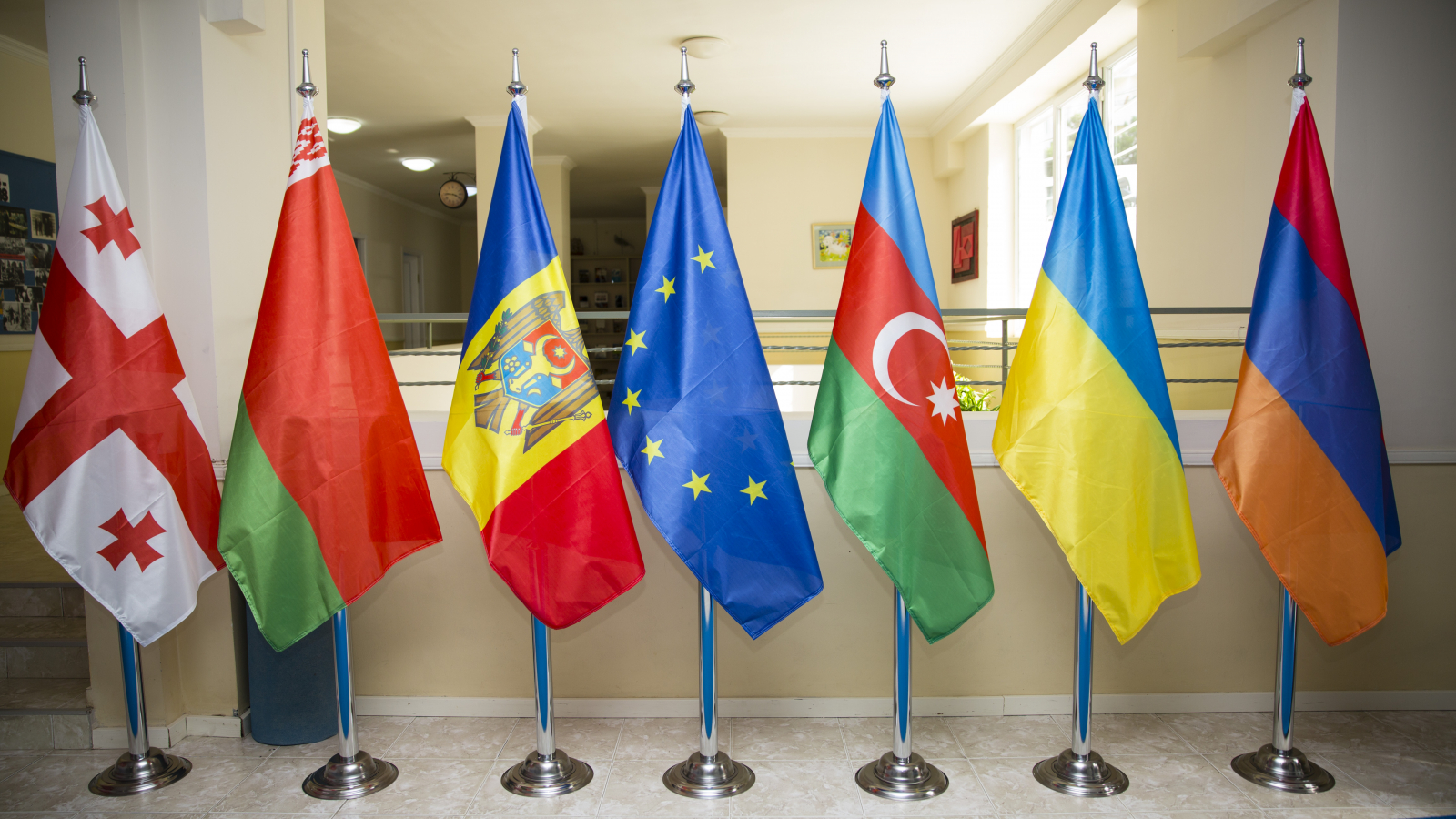 On Thursday, 11 October, the Delegation of the European Union launched extensive consultations with civil society representatives in Georgia. Around 80 representatives of Georgian civil society organisations (CSOs) met in Tbilisi to discuss and jointly identify EU priorities and actions for engagement with civil society for 2018-2020. To further enhance this dialogue with the civil society, the consultation in Tbilisi will be followed by the regional workshops in Kutaisi and Telavi later this month.
On Thursday, 11 October, the Delegation of the European Union launched extensive consultations with civil society representatives in Georgia. Around 80 representatives of Georgian civil society organisations (CSOs) met in Tbilisi to discuss and jointly identify EU priorities and actions for engagement with civil society for 2018-2020. To further enhance this dialogue with the civil society, the consultation in Tbilisi will be followed by the regional workshops in Kutaisi and Telavi later this month.
The participants were welcomed by Mr. Carl Hartzell, Ambassador of the European Union to Georgia, who stated, “An empowered civil society is a crucial component of any democratic system and is an asset in itself. We will stand at its side against attacks on its legitimacy. Civil society participation in public policy processes fosters pluralism and can contribute to more effective policies, equitable and sustainable development and inclusive growth. The EU has been supporting Georgian civil society in the past and will continue to do so in the future.”
The event provided a platform for an open discussion of key priorities of EU cooperation with civil society in Georgia and will contribute to the revision of the EU Country Roadmap for Engagement with Civil Society for 2018-2020. The Roadmap is an important tool in strengthening strategic cooperation and structured dialogue of the EU with CSOs in Georgia. It identifies long-term objectives of EU cooperation with civil society organisations and encompasses dialogue as well as operational support, taking into account the views and challenges of CSOs.
Participants discussed the progress of the Roadmap implementation in 2014-2017 and identified sector priorities for EU engagement with civil society under four key areas: economic development and market opportunities; strengthening institutions and good governance; connectivity, energy efficiency, environment and climate change; and mobility and people-to-people contacts.
Outcomes
The event prompted intense discussions on how the civil society organisations can bring added value in their sector of activity in a way that has visible, positive impact on citizens. Civil society representatives largely agreed that there was room for more civil society engagement with the EU in all areas of bilateral cooperation with Georgia – from strengthening institutions and good governance to improving energy efficiency, supporting economic development and mobility. In each of these areas, civil society organisations can engage in various ways: from fulfilling a watchdog function to providing services to vulnerable groups or providing feedback on legislative proposals or policies.
Discussions also revealed that the capacity of civil society organisations to operate efficiently still remains a challenge in 2018, despite earlier investments in capacity building and development. Several participants also underlined that the environment in which CSOs activate is still not fully conducive to inclusive participation in policy dialogue at national and local levels.
There was wide agreement among participants that an overarching objective should be identified for the Roadmap that should be then complemented with clear expected outcomes as well as measurable indicators that will allow both the EU and civil society to then track progress and adjust as needed.
The event in Tbilisi was the first step in a wider process of consulting civil society on the development of a new EU Country Roadmap for Engaging with Civil Society 2018-2020. Regional consultations will follow in Kutaisi and Telavi where civil society representatives there and around will also have the opportunity to participate in the dialogue and to provide feedback.
Background information
The elaboration of the EU Roadmaps started in 2014, since then over 100 Country Roadmaps have been finalised and are being implemented, through multi-faceted policy dialogue, operational support to CSOs and various researches. The Roadmaps present a comprehensive, coherent and shared analysis of EU and Member States of the civil society landscape, its enabling environment and the challenges and opportunities faced by civil society organisations. They also identify common EU priorities and concrete steps for engaging with and supporting CSOs in partner countries.
This event was organised with the support of the European Union within its Eastern Partnership Civil Society Facility – Regional Action project.




